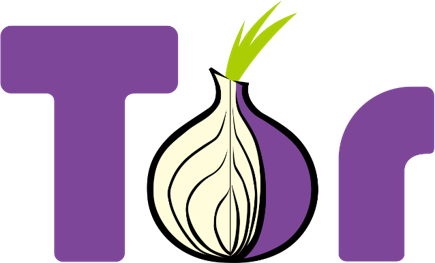Third-party funded project 2 (affiliated)
Principal investigator: Meropi Tzanetakis
Funded by: Austrian Science Fund (FWF)
Lifetime: 11/2017 - 06/2021
Dealing with uncertainty on anonymous online drug markets

Bitcoin

The Tor Project, Inc.

Although drug markets on the Internet are proliferating, it is not well understood how they operate. The aim of this research project was to examine the internal social and institutional contexts of digital drug markets in a case study on cryptomarkets and thus advance the research field of drug markets. Cryptomarkets rely on digital technologies to disguise identifying information of their users, thereby complicating police interventions. By doing so, these digital platforms enable access to a wide range of illicit drugs. Usually, cryptocurrencies are then used as a means of payment, while the order is delivered by traditional postal services without their knowledge.
By applying the concept of social order of markets developed in economic sociology to digital drug markets, a new conceptual understanding to examine cryptomarkets was taken forward. The project's point of departure was the assumption that drug markets are socially constructed arenas shaped by actions of actors (e.g., administrators, moderators, sellers, buyers) and government institutions who make use of formal and informal rules, cultural meanings, institutional arrangements and power relations. Methods used to explore practices of cryptomarket actors included multi-sited digital ethnographic observations and semi-structured interviews with market actors. The data collected was used to analyse how drug distribution was enabled within the anonymous and uncertain digital environments of cryptomarkets.
Unlike traditional drug markets, where actors meet face to face in order to reduce uncertainty about law enforcement and exchange outcomes, cryptomarkets were found to make use of a set of socio-technical practices to reduce uncertainty in market transactions. Findings suggests that repeated exchanges occur when cryptomarket actors resolve three coordination problems in novel ways: 1. informal institutionalised standards including a classification system facilitate the navigation of individual cryptomarkets. In addition, marketing and advertising offers signalling product quality have been introduced to reduce uncertainty about the value of the drugs traded; 2. an institution-based feedback system as well as sellers’ reputation scores allow market actors to build trust in an anonymous environment; 3. with the emergence of cryptomarkets competition has been formed between individual cryptomarkets and between sellers both nationally and internationally. This ensures cryptomarket administrators and vendors profit opportunities while operating under conditions of illegality.
The project suggests that while state authorities sanction drug transactions in cryptomarkets, market actors negotiate and establish shared norms and understandings that facilitate the coordination of exchange practices. The project findings also opened a promising new research agenda for the fields of cybercrime and digital economy alike. This project was funded with an Erwin Schrödinger Fellowship by the Austrian Science Fund (FWF).
More information: https://homepage.univie.ac.at/meropi.tzanetakis/

